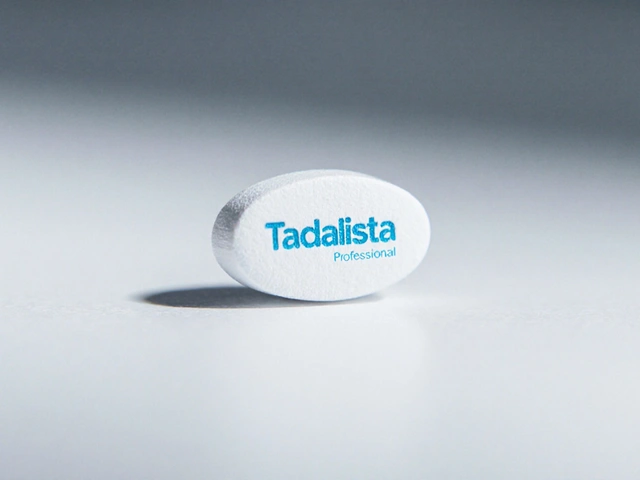Antidepressant options: find the right medicine for you
Choosing an antidepressant feels messy, but you can make smart choices with clear steps. I’ll explain common drug types, what to expect, and practical tips for talking to your doctor.
SSRIs are the most prescribed first line. Drugs like sertraline, fluoxetine, and escitalopram work by raising serotonin. They help mood, anxiety, and sleep for many people and are generally well tolerated. Expect effects in 2–6 weeks. Common short term issues include nausea, headaches, and sexual side effects. If side effects are strong, a lower dose or switching to another SSRI often helps.
SNRIs such as venlafaxine and duloxetine boost both serotonin and norepinephrine. They can be better for cases with pain or low energy. Blood pressure monitoring matters with some SNRIs. Like SSRIs, they need time to show benefit and can cause similar side effects plus increased heart rate in some people.
Bupropion (Wellbutrin) is different: it helps energy and motivation and rarely causes sexual side effects. It’s a good choice if you’re tired or want to quit smoking. Don’t use bupropion if you have a seizure disorder or active eating disorder. It may raise anxiety in a few people at first.
Mirtazapine can improve sleep and appetite, so doctors sometimes pick it when insomnia or weight loss is an issue. It tends to cause weight gain and drowsiness, which are helpful for some and unwanted for others. Timing the dose at night reduces daytime sleepiness.
MAOIs and tricyclics are older options that still work well for certain patients, especially when several other drugs failed. They have more dietary and drug interactions, so clinicians usually reserve them for specialist care.
How doctors choose
Clinicians consider your main symptoms, medical history, other medications, and life plans like pregnancy. If anxiety and panic are dominant, an SSRI might be first. If low energy and concentration are the main problems, bupropion could be better. You and your prescriber should set goals, expected timelines, and a plan for side effects.
Practical tips while starting
Start low and go slow. Track symptoms and side effects in a simple daily note. Give each medication at least six weeks at a therapeutic dose before judging effectiveness, unless side effects are intolerable. Never stop suddenly—ask about tapering to avoid withdrawal. If a drug doesn’t work, switching or combining medications under a clinician’s guidance is common and safe.
Medication is only one tool. Therapy, regular sleep, exercise, and cutting back alcohol make medicines work better. If you feel worse or have suicidal thoughts, contact your provider or emergency services right away. With the right plan, antidepressant options can bring steady improvement. Ask clear questions, keep notes, and stay connected with your care team.
If cost or access are an issue, ask about generics, patient assistance programs, or telehealth follow-ups. Small habits boost results: take meds at the same time daily, pair them with food if that helps, and keep a weekly log of moods, sleep, and side effects to guide decisions.





